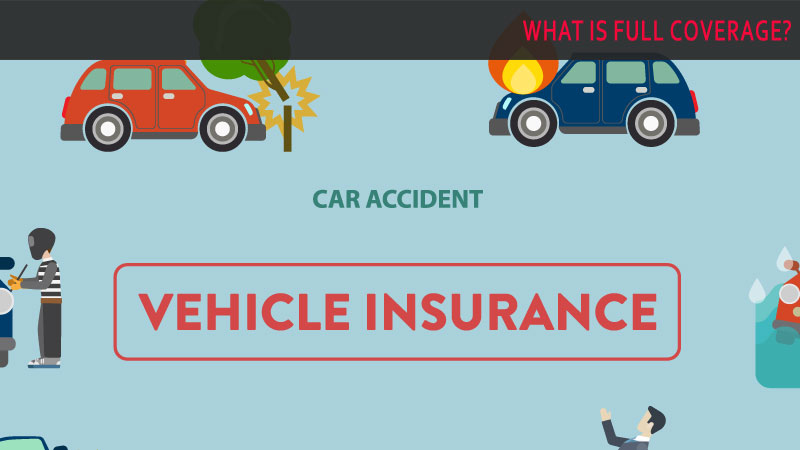“What is Full Coverage”?

The Car Accident Attorneys of Cohen & Cohen Explain Full Coverage Auto Insurance
There are all kinds of categories accident victims can fall under from and insurance perspective: “uninsured,” “underinsured,” or “fully covered” are three main categories. “Full coverage” is a phrase that is frequently thrown around when talking about car insurance. However, there is no such thing as a “full coverage” insurance policy that consistently describes what insurance carriers offer. Depending on the insurance company, “full coverage” can be interpreted in several ways and might require the assistance of a DC personal injury lawyer to properly understand what your policy actually includes.
At the core of what is commonly referred to as “full coverage” are state minimum requirements, comprehensive coverage, and collision. State minimum requirements typically include both bodily injury and property damage liability. This means that if you cause an accident in which you injure another person (or people) or damage someone else’s property, your insurance will cover the costs. The minimum requirement for auto insurance varies by state. Comprehensive coverage includes all damages done to your vehicle caused by something other than a collision, for example theft or fire. Collision coverage is the closest thing to full coverage you can receive. It covers damage to your car in the event it hits, or is hit by, another car. Collision coverage typically cannot be purchased without comprehensive coverage, and so it ensures you will be covered regardless of how your car is damaged.
This all sounds like full coverage, right? While collision coverage is full coverage for damages, there are multiple types of extra car insurance coverage that isn’t covered by state minimum requirements, collision, or comprehensive coverage. For example, roadside assistance is an extra coverage that usually must be purchased separately. Other coverage options that may be considered extra includes uninsured or underinsured motorist coverage, Personal Injury Protection insurance, GAP insurance, towing and labor insurance, car rental reimbursement insurance, OEM endorsement, full glass coverage, and vanishing deductible. Remember that the laws vary in every state, including Washington, DC, Maryland, and Virginia, so seeking advice from a personal injury lawyer is suggested to help you gain the maximum compensation you’re seeking when filing a claim.
WHAT ABOUT OTHER TYPES OF INSURANCE?
Full coverage for other types of insurance, including property insurance, health insurance, and specialty insurance, is often misinterpreted the same way auto insurance is. For example, health insurance might cover all doctor’s appointments and hospital visits but might only apply to certain doctors, and property insurance might cover all damages to your property except in the event of certain natural disasters, such as earthquakes or floods. It’s important to do your research and be careful to ask your insurance provider exactly what is covered under your insurance plan. If necessary, also make sure to seek advice from an injury attorney. If you need your insurance to cover a specific type of accident, your health requires you to get frequent surgeries, or you live an area prone to natural disasters, you definitely want to make sure you have the exact coverage you need before you need to make a claim with your insurance company.